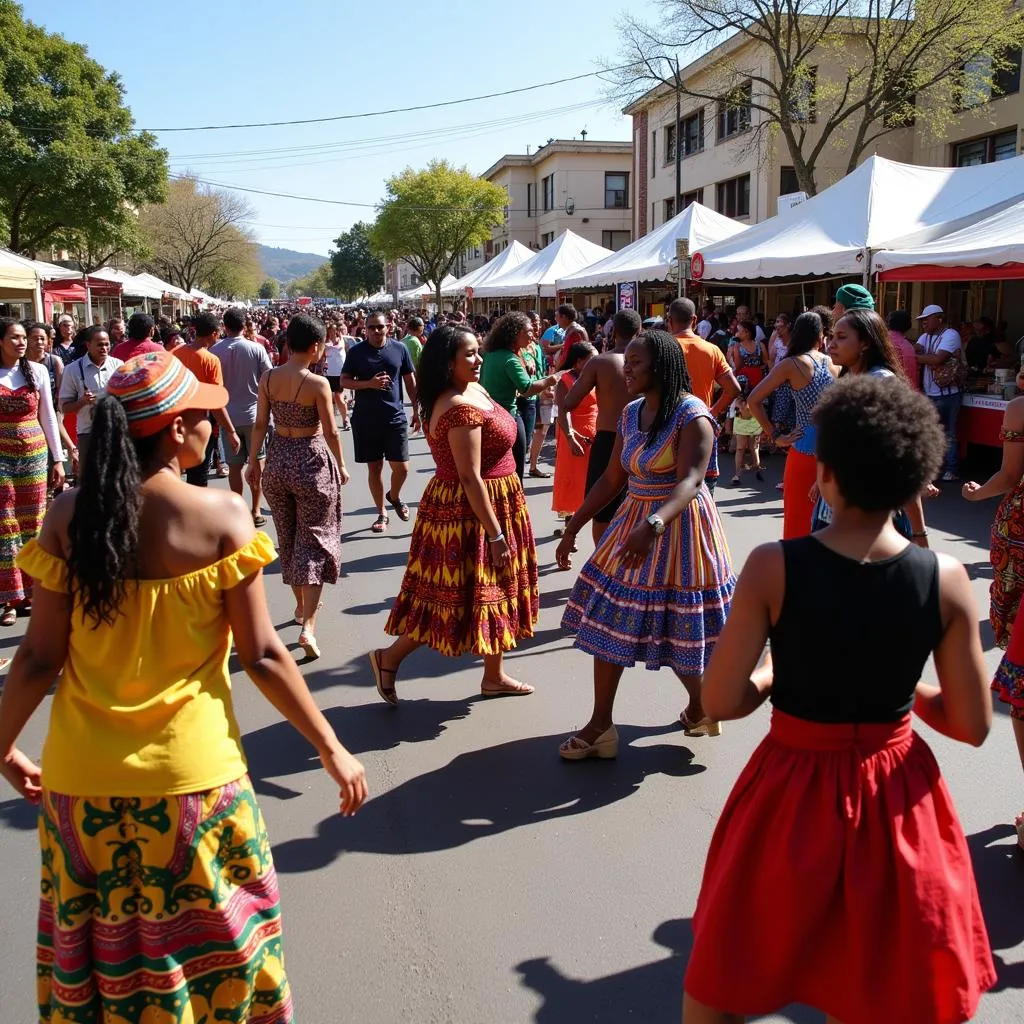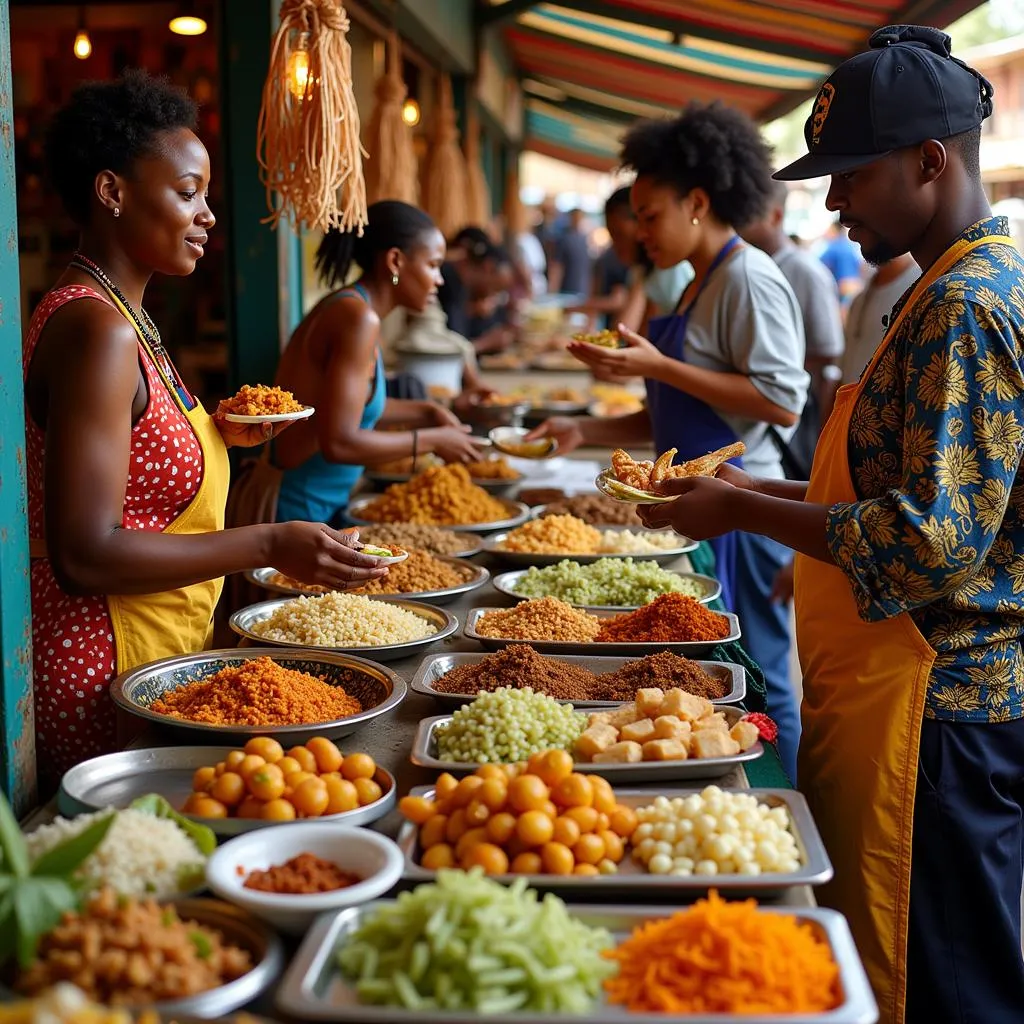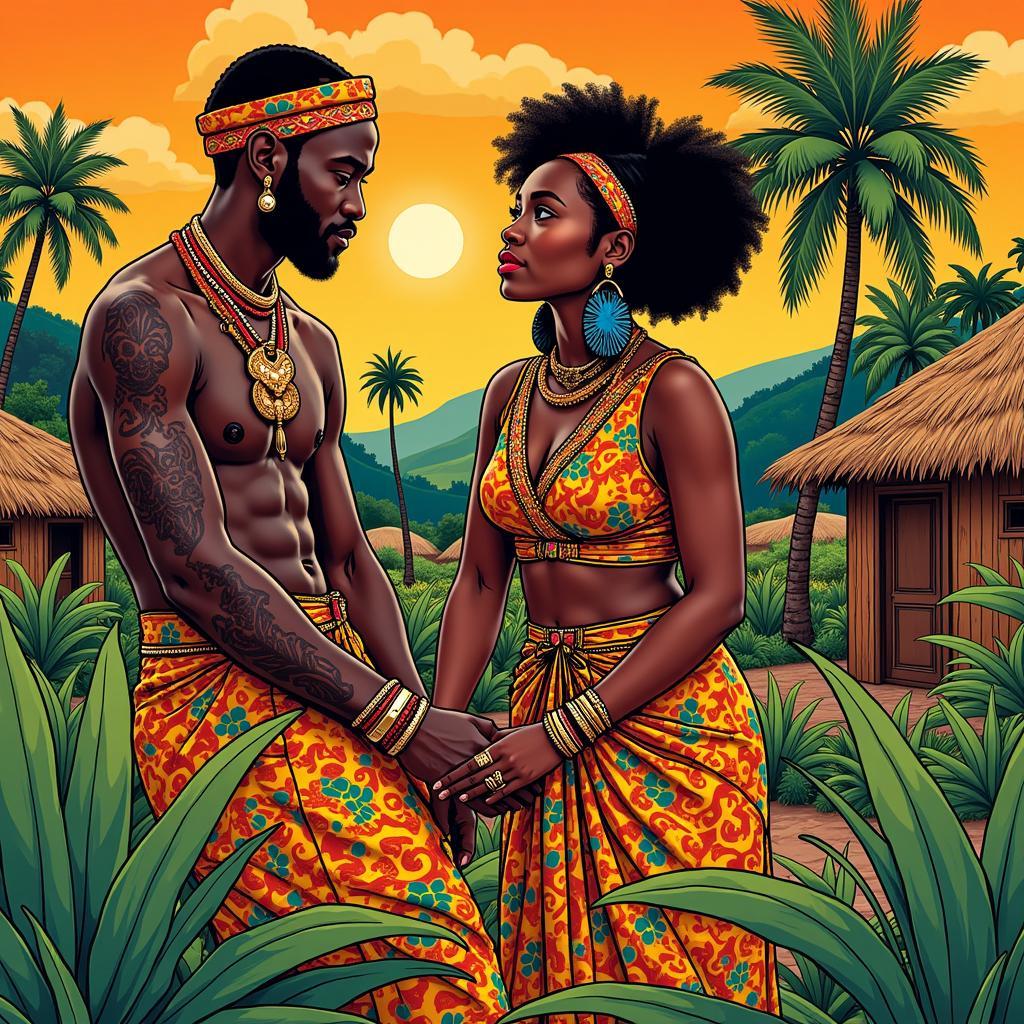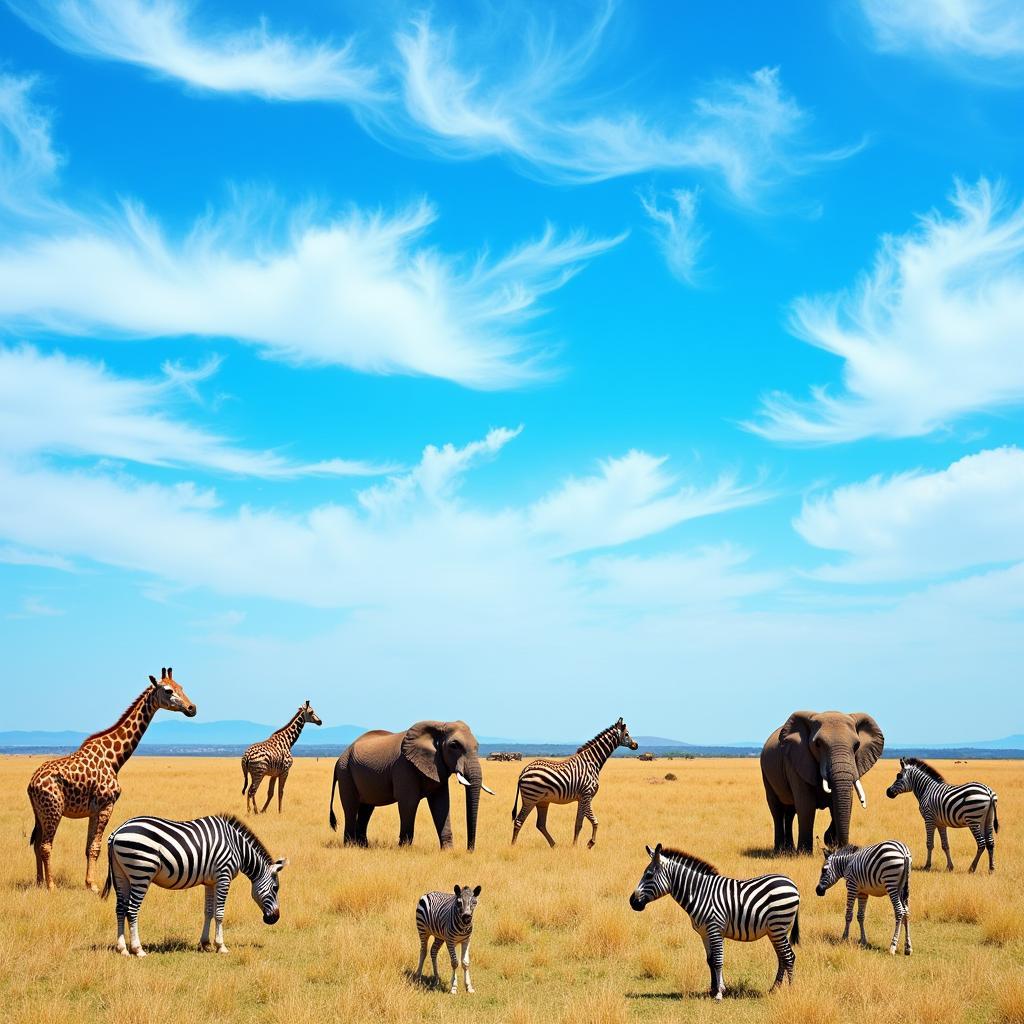A Continent Celebrates: Exploring African Day Celebrations
African Day, celebrated annually on May 25th, is a day of immense significance across the African continent and its diaspora. It marks the anniversary of the formation of the Organisation of African Unity (OAU) in 1963, a pivotal moment that paved the way for pan-African solidarity and the liberation of African nations from colonial rule. African Day Celebrations are a vibrant tapestry of cultural expression, historical reflection, and a collective affirmation of African identity.
The Genesis of African Day: A Historical Perspective
The seeds of African Day were sown in the fight against colonialism and the struggle for self-determination. In the early 20th century, the Pan-African movement gained momentum, uniting Africans across the globe in their shared aspirations for freedom and unity. On May 25th, 1963, leaders from 32 independent African nations gathered in Addis Ababa, Ethiopia, to establish the OAU, a monumental step towards realizing the dream of a united Africa.
How is African Day Celebrated? A Tapestry of Traditions
African Day celebrations are as diverse as the continent itself, reflecting the rich cultural heritage and unique traditions of each nation. From bustling city streets to rural villages, the day is marked with a kaleidoscope of festivities that showcase the spirit of Africa.
Festivals and Carnivals: A Celebration of Life
One of the most striking features of African Day celebrations is the abundance of vibrant festivals and carnivals. These events bring communities together in a joyous display of music, dance, and traditional attire. In Ghana, the “Chale Wote Street Art Festival” transforms the streets of Accra into an open-air art gallery, showcasing the creativity of Ghanaian artists. Similarly, the “Cape Town International Jazz Festival” in South Africa attracts music lovers from all over the world.
 African Day Festival in South Africa
African Day Festival in South Africa
Cultural Performances: A Journey Through Heritage
African Day is an occasion to immerse oneself in the continent’s rich cultural heritage. Traditional music and dance performances are a staple of the celebrations, transporting audiences to different regions of Africa through the rhythmic beats of drums, the melodic tunes of traditional instruments, and the graceful movements of dancers. From the energetic “Gumboot” dance of South Africa to the captivating “Agbadza” dance of Ghana, these performances are a testament to the enduring power of African artistry.
Political Rallies and Speeches: A Call for Unity
The political significance of African Day is not forgotten amidst the festivities. Rallies and speeches by political leaders and activists are common, reaffirming the importance of Pan-Africanism and addressing contemporary issues facing the continent. These gatherings serve as a platform to advocate for peace, development, and progress in Africa.
The Global Celebration of African Day: A Diaspora United
African Day is not confined to the continent itself. The African diaspora, with its vast and vibrant communities scattered across the globe, plays an integral role in commemorating this significant day. From London to New York, from Paris to Rio de Janeiro, African communities come together to celebrate their heritage, share their culture, and connect with their roots.
Food and Cuisine: A Taste of Africa
A feast of flavors is an integral part of African Day celebrations. From the spicy “jollof rice” of West Africa to the hearty “Nyama Choma” (grilled meat) of East Africa, African cuisine is a culinary adventure that tantalizes the taste buds. African Day provides an opportunity to sample these delicacies and experience the diversity of African culinary traditions.
 African Food Market on African Day
African Food Market on African Day
The Importance of African Day in the 21st Century
In a world often marked by division and conflict, African Day serves as a powerful reminder of the importance of unity, solidarity, and shared purpose. It is a day to celebrate the achievements of the African continent, to reflect on the challenges that lie ahead, and to reaffirm the commitment to building a brighter future for all Africans.
FAQs about African Day
When is African Day Celebrated?
African Day is celebrated annually on May 25th.
Why is African Day Celebrated?
African Day commemorates the formation of the Organisation of African Unity (OAU) on May 25th, 1963, a pivotal moment in the struggle for African liberation and unity.
How is African Day Celebrated?
African Day celebrations are diverse and include festivals, carnivals, cultural performances, political rallies, and community gatherings.
What is the significance of African Day for the African diaspora?
African Day provides an opportunity for the African diaspora to connect with their heritage, celebrate their culture, and advocate for issues affecting Africa.
Other Resources for African Culture and Travel
- Explore the stunning African landscape with animals.
- Discover the rich history of African Eastern Oman.
Need More Information on African Day?
For further information and assistance on planning your African Day celebrations or exploring the beauty and diversity of Africa, please contact us:
Phone: +255768904061
Email: [email protected]
Address: Mbarali DC Mawindi, Kangaga, Tanzania
Our dedicated team is available 24/7 to provide comprehensive support and guidance.


